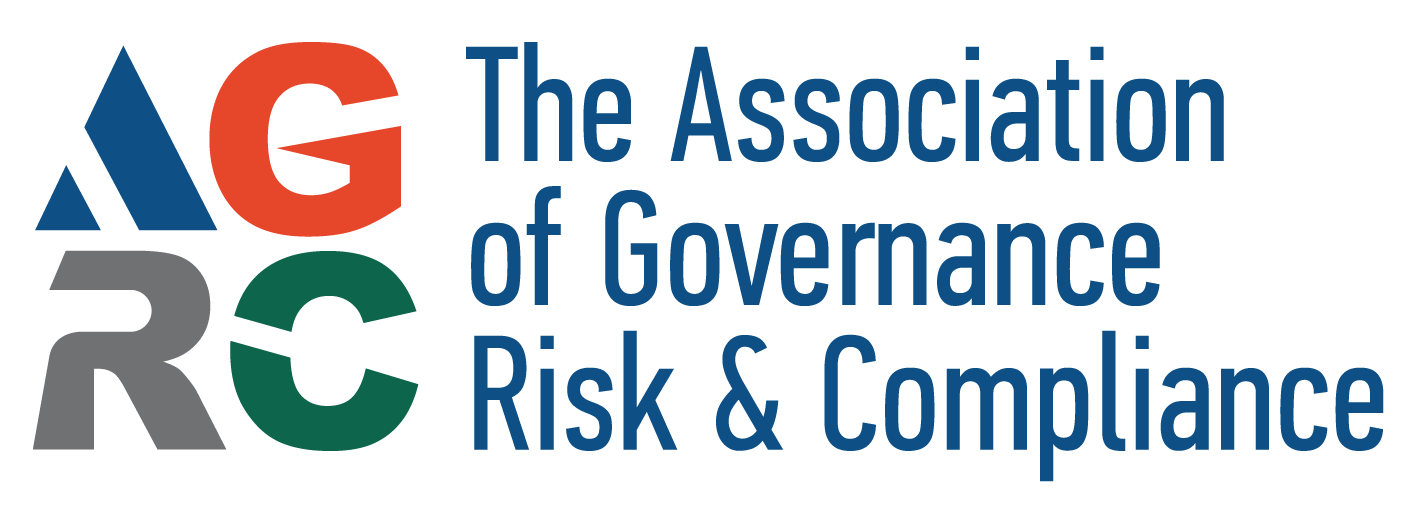Find below the full transcript for our webinar a while back on international tax compliance with a particular focus on FATCA, CRS and the automatic exchange of information.
A special thank you to Dr. Sam Bourton, Lecturer in Law at the University of the West of England (UWE), for spending an hour with us discussing this topic and shedding some light on many of the challenges faced by financial institutions when it comes to complying with these regulations.
For now, here are some of the event’s main highlights!
Are there any penalties associated with non-compliance?
 “There are quite a few penalties. So first of all, if we talk about FATCA, I think the initial stick if you like to encourage everyone to comply was that 30% withholding tax. However, that doesn’t really necessarily come into equation now because lots of countries like the UK have set up agreements with the US to align their financial institutions to report. So in that sense, it would be the penalties that are issued by the tax authority in the national jurisdiction if they do have that agreement with the US. So for instance, in the UK, there are penalties for failing to file information, for also filing inaccurate information, which typically are around 300 pounds I believe, and there’s also a daily penalty, which can be increased the longer the financial institution fails to comply. In the UK, the penalties for FATCA and CRS non-compliance are very similar, so it will obviously depend on the particular country in question.”
“There are quite a few penalties. So first of all, if we talk about FATCA, I think the initial stick if you like to encourage everyone to comply was that 30% withholding tax. However, that doesn’t really necessarily come into equation now because lots of countries like the UK have set up agreements with the US to align their financial institutions to report. So in that sense, it would be the penalties that are issued by the tax authority in the national jurisdiction if they do have that agreement with the US. So for instance, in the UK, there are penalties for failing to file information, for also filing inaccurate information, which typically are around 300 pounds I believe, and there’s also a daily penalty, which can be increased the longer the financial institution fails to comply. In the UK, the penalties for FATCA and CRS non-compliance are very similar, so it will obviously depend on the particular country in question.”
What are some of the main reporting challenges financial institutions might face when trying to report?
“I think you perhaps alluded to some of the challenges there and often financial institutions trying to get around some of this by asking their customers to self-certify a lot of this information, but this then causes them difficulties in that they have a lot of their customers asking for help because they don’t understand how to fill out the relevant forms. So we potentially have that problem from a customer perspective, explaining to them what the terminology means and how they actually fill out those certifications. They also perhaps face challenges often with the CRS in that it builds upon the OECD’s model and guidance, but there is flexibility in terms of how it’s implemented in each jurisdiction, which can then mean that financial institutions are looking at lots of different set of rules just to see the slight differences in variations in how a particular country is actually implementing the CRS. So we do have quite a lot of rules, quite a lot of guidance perhaps to keep on top of. Some countries have tried to minimize this by recommending that financial institutions use the OECD guidance directly, so for instance, that’s the approach that HMRC takes within its tax manual it suggests going directly to the OECD guidance.”
What's the future outlook for both FATCA, CRS and the automatic exchange information? Where do you see these regulations going or what you of impact are they going to have moving forward?
“It’s unlikely to ever go away and I think the efforts are really going to be concentrated on trying to improve the systems that have now been developed. So, for instance, as we say there is an attempt to try and fix a lot of the loopholes that have been brought in, and the OECD at the end of last year released its crypto assets reporting framework, so it is then requiring countries to include crypto assets as a reportable asset under the Common Reporting Standard. It will also bring in crypto asset service providers within the scope of those reporting obligations, so again it’s trying to remedy that loophole where individuals can invest in cryptocurrencies and avoid reporting and we may see that extended. So the UK has taken some measures in terms of its anti-money laundering framework against value assets, so jewellery, artwork, things like that, we may see those extended perhaps within the automatic exchange systems.”
Happy reading!



